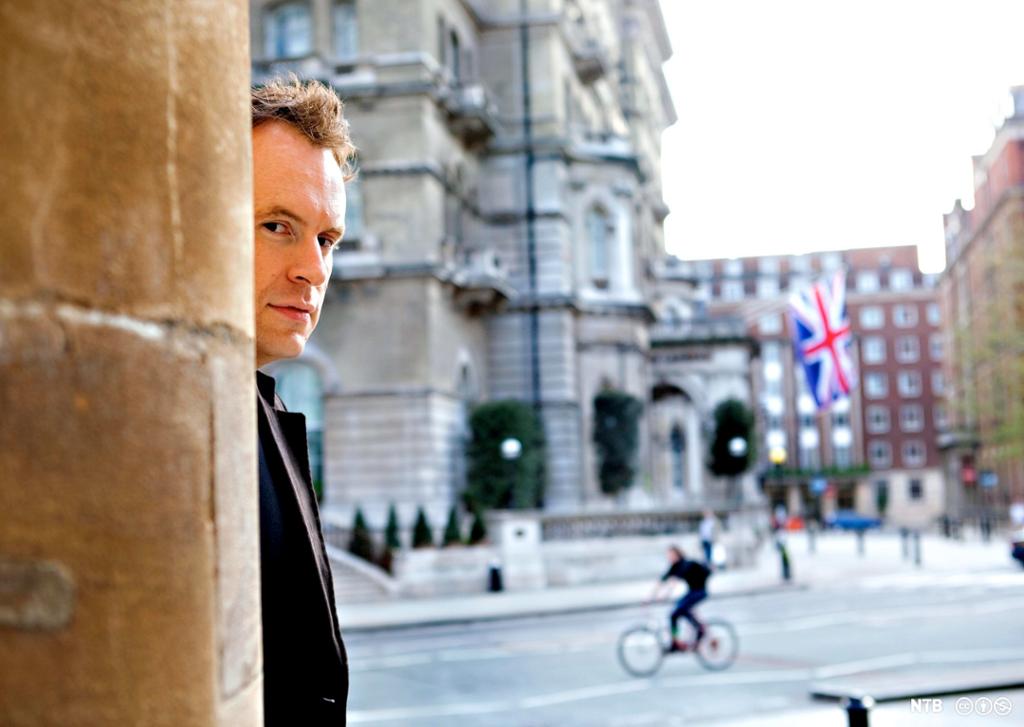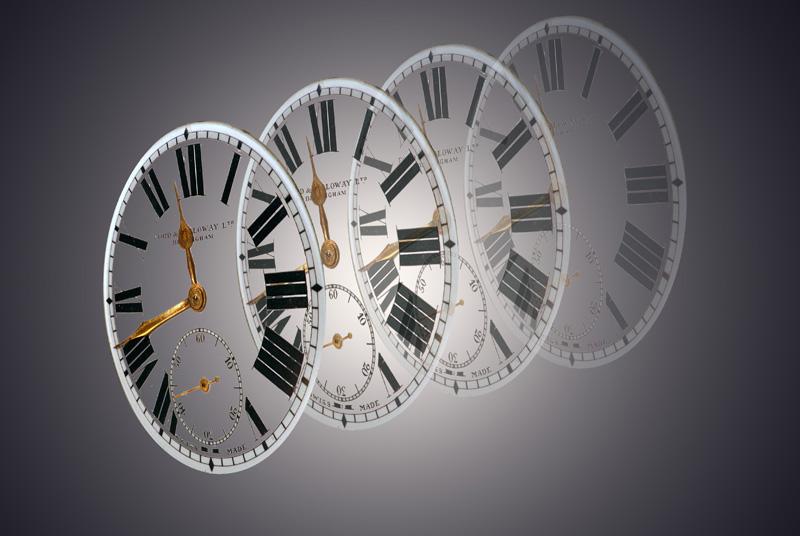Excerpt: The war on sleep by Matt Haig

Before 1879, when Thomas Edison came up with the first practical
incandescent light bulb, all lighting had been fuelled by gas and oil. The
light bulb, heavily promoted via the Edison & Swan United Electric Light Company, literally set the world alight. The bulbs were practical – small and cheap and safe – and emitted just the right amount of light, and began to take off in homes and businesses throughout the world.
Human beings had, finally, conquered the night. The dark – the source of so many of our primal fears – could now be negated at the flick of a switch. And now, as our evenings could stay lighter for longer, people increasingly started going to bed later. This didn’t worry Edison at all. Indeed, he saw it as an unequivocally good thing. In 1914, Edison, by now a living global icon, declared that ‘there is really no reason why men should go to bed at all’. He went further: he actually believed sleep was bad for you, and too much was likely to make you lazy. He believed the light bulb was a kind of medicine, and that artificial light could cure ‘unhealthy and inefficient’ people.
Of course, he was wrong. Without sleep we don’t function properly.
Humans, like birds and sea turtles, have body clocks. They – we – have circadian rhythms. That is to say, our bodies react differently at different times of the day. They have evolved to function differently at daytime and nighttime. In another 150,000 generations humans might evolve and adapt to unnatural light, but right now our bodies and minds are still the same bodies and minds of those humans who existed before Edison patented his light bulb. In other words: we need our sleep.
And yet we aren’t really getting what we need. The World Health Organization – which has declared a sleep loss epidemic in industrialised nations – recommends we sleep between seven and nine hours a night. But not that many of us do. According to research from the American National Sleep Foundation average American, British and Japanese people all sleep well under seven hours a night while other countries – such as Germany and Canada – hover precariously at the seven-hour mark. And according to more research – this time from Gallup – the average person sleeps for an hour less than they did in 1942.
However, artificial light isn’t the only contributing factor here. Sleep experts point to things like the way we work nowadays as well as a growth in loneliness and anxiety that increases our desire to stay up chatting or distract ourselves with entertainment in a frantic 24/7 world.
There are so many incentives to stay awake. So many emails to answer. So many more episodes of our favourite TV show to sit through. So much online shopping to do. Or eBay auctions to monitor. So much news to catch up on. So many social media accounts to update, or concerts to go to, or books to read, or potential dates to chat to, or ambitions to fulfil. So many people – unknown disciples of Edison – wanting us to stay awake.
We all know we tend to be more sad and worried and irritable and lethargic when we haven’t slept. Sleep is essential for our wellbeing. When we don’t sleep well, it can have serious consequences on our physical and mental state. While some effects of sleeping badly are debatable, there are some on which the medical community have a broad consensus. For instance, according to numerous overlapping studies and sources, not sleeping well:
- Runs down your immune system
- Increases your risk of coronary heart disease
- Increases your risk of stroke
- Increases your risk of diabetes
- Increases your risk of having a car accident
- Is associated with higher rates of breast cancer, colorectal cancer and prostate cancer
- Impairs your ability to concentrate
- Interferes with your memory
- Increases your risk of getting Alzheimer’s
- Makes weight gain more likely
- Reduces sex drive
- Increases levels of the stress hormone cortisol
- Increases the likelihood of depression
As University of California ‘sleep scientist’ Matthew Walker writes in his book Why We Sleep: ‘there does not seem to be one major organ within the body, or process within the brain, that isn’t optimally enhanced by sleep . . . The physical and mental impairments caused by one night of bad sleep dwarf those caused by an equivalent absence of food or exercise.’
Sleep is essential, and amazing. And yet, sleep has traditionally been an enemy of consumerism. We can’t shop in our sleep. We can’t work or earn or post to Instagram in our sleep. Very few companies – beyond bed manufacturers and duvet sellers and makers of black-out blinds – have actually made money from our sleep. No one has found a way to build a shopping mall that we can enter via our slumber, where advertisers can pay for space in our dreams, where we can spend money while we are unconscious.
Slowly, sleep is becoming a little more commercialised. Now, there are private sleep clinics and sleep centres where people pay for advice on getting a better sleep routine. There are ‘sleep trackers’, which monitor movement and have been criticised (for instance in a 2018 Guardian article on ‘clean sleeping’) for being unreliable and counter- productive, as they only serve to make people more anxious about sleep.
But largely, sleep remains a sacred space, away from distraction. Which is why seemingly no one can go to bed early.
And now, at this later stage of capitalism, sleep has become seen not just as something that slows work down, but as an actual business rival.
The chief executive of Netflix, Reed Hastings, believes that sleep – not HBO, not Amazon, not any other streaming service – is his company’s main competitor. ‘You know, think about it,’ he said at an industry summit in Los Angeles back in November 2017, cited in Fast Company.
‘When you watch a show from Netflix and you get addicted to it, you stay up late at night . . . we’re competing with sleep, on the margin. And so, it’s a very large pool of time.’
So this is the attitude to sleep: something to be suspicious of because it is a time when we are not plugged in, consuming, paying. And this is also our attitude to time: something that mustn’t be wasted simply by resting, being, sleeping. We are ruled by the clock. By the light bulb. By the glowing smartphone. By the insatiable feeling we are encouraged to have. The feeling of this is never enough. Our happiness is just around the corner. A single purchase, or interaction, or click, away. Waiting, glowing, like the light at the end of a tunnel we can never quite reach.
The trouble is that we simply aren’t made to live our lives in artificial light. We aren’t made for waking to alarm clocks and falling asleep bathed in the blue light of our smartphone. We live in 24-hour societies but not 24-hour bodies.
Something has to give.
Copyright © Matt Haig,
Canongate Books.

Relatert innhold
Tasks related to the text the War on Sleep by Matt Haig, which is an excerpt from the book Notes on a Nervous Planet.